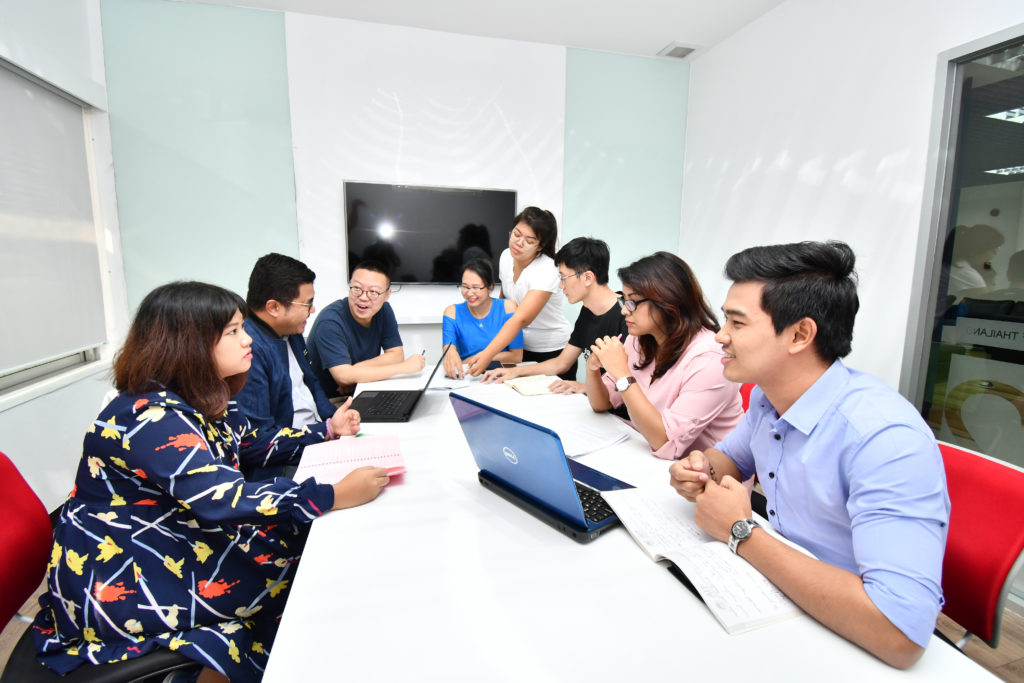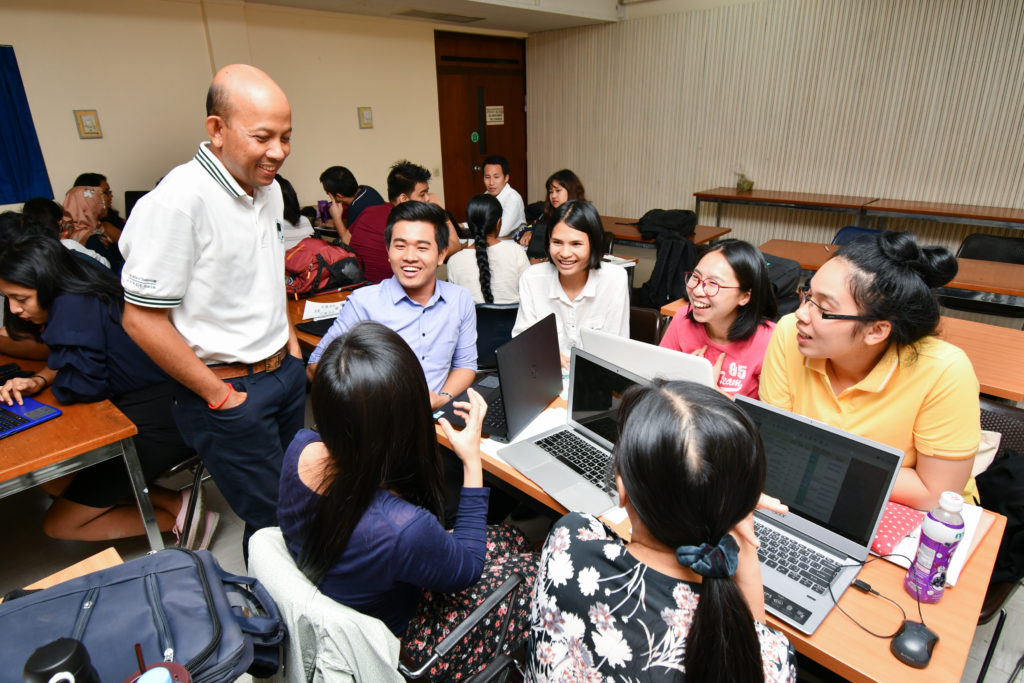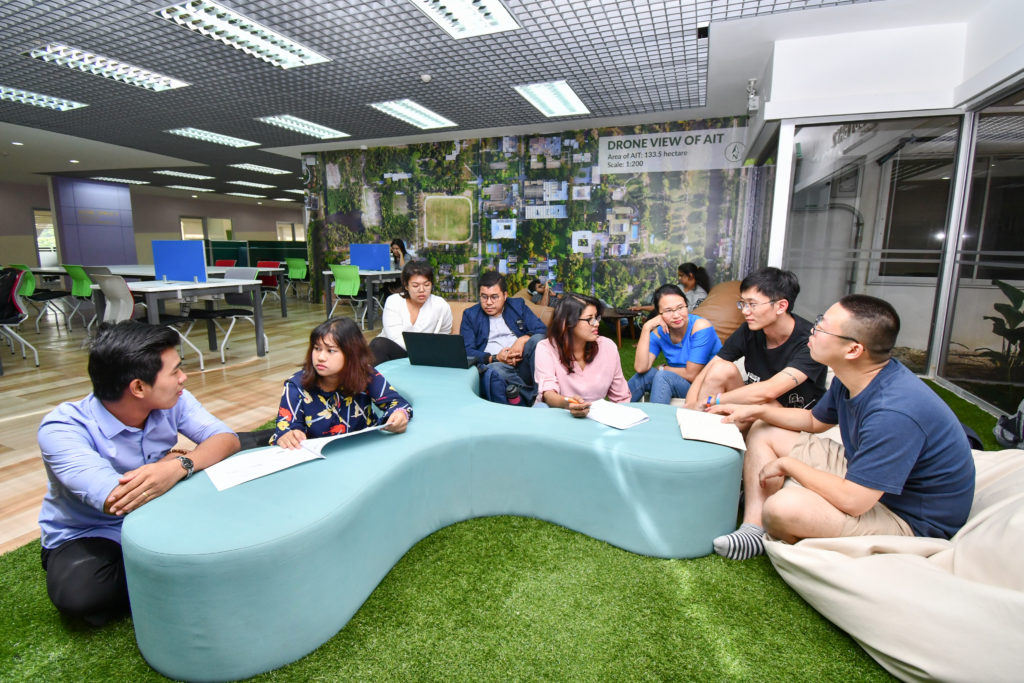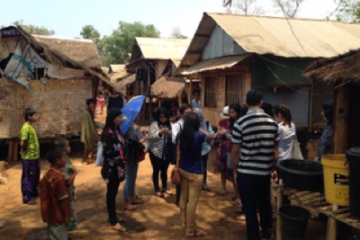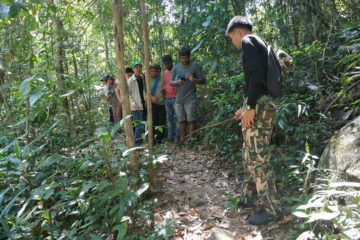The main aim of the program is to target development managers and practitioners who need a broader understanding of development issues, and a more interdisciplinary learning experience, than the current program offerings allow.
More specifically, a broader program in Development and Sustainability would be appealing to government employees and managers, international organizations, NGOs and private research institutions, as well as academics working in development studies.
